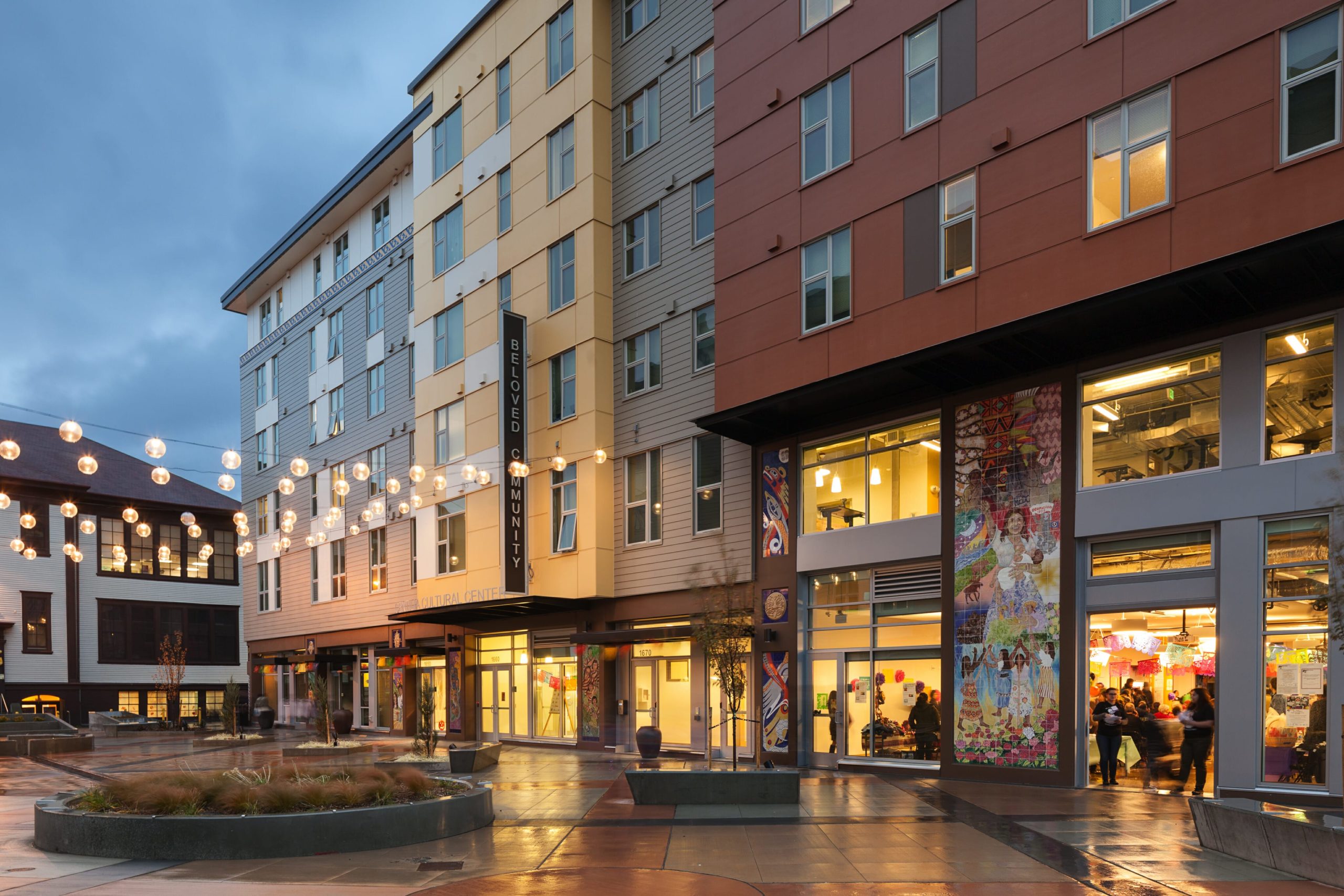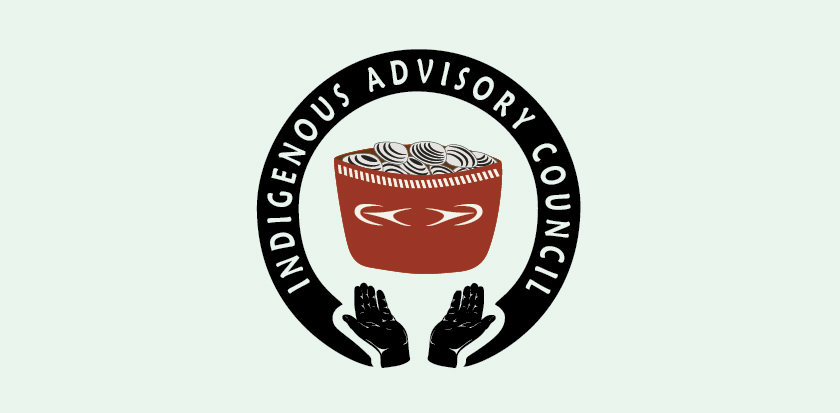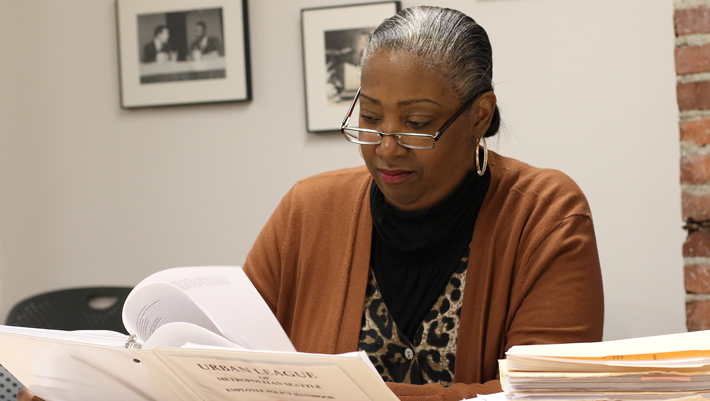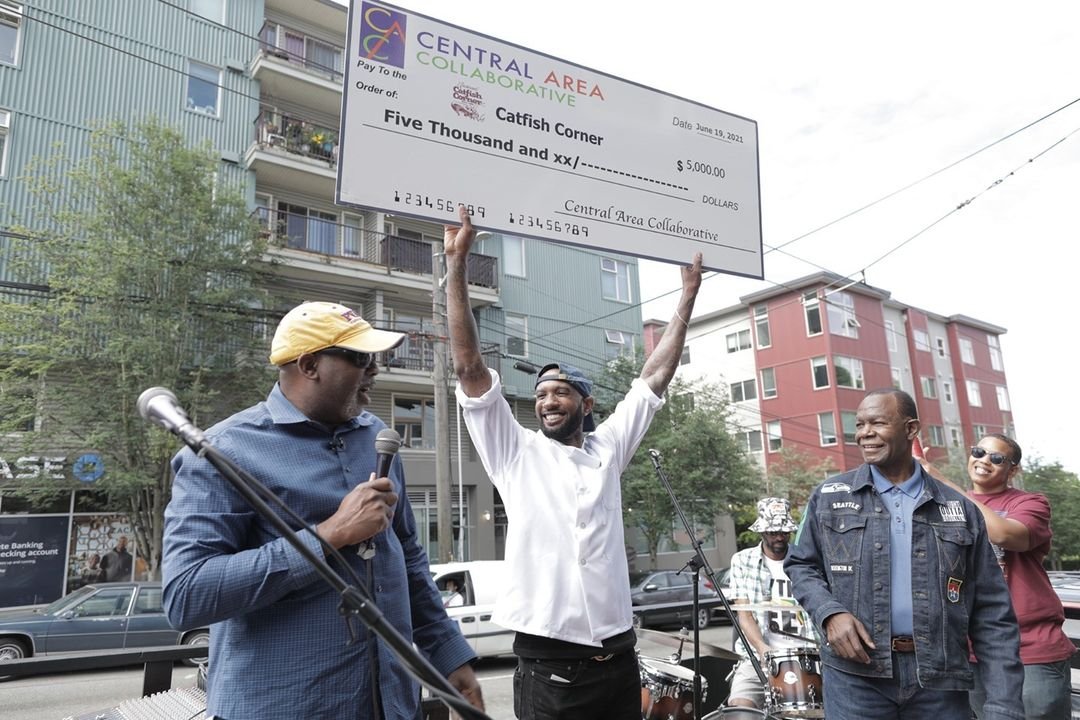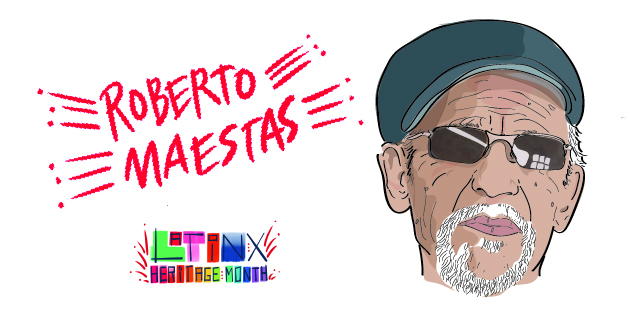
In celebration of Latinx Heritage Month, we are hosting a series of profiles and stories to amplify and honor people, businesses, organizations, and projects connected to Seattle’s Latinx community.
Born in a small border town in rural New Mexico, Roberto Maestas left home at age 13 and worked as a migrant farmer throughout the Western United States. He settled in Seattle in the 1950s and was educated as a teacher. Maestas taught Spanish at Franklin High School before leaving secondary education in 1968 to pursue a graduate degree at the University of Washington.
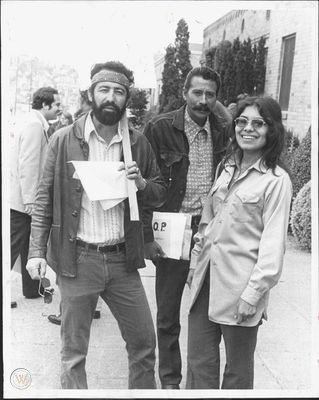
While at the university, he became involved in activism including demonstrating for Native fishing rights, fighting to open construction jobs to Black workers, and organizing farmworkers in the Yakima valley. It was these fights for social justice that led him to a friendship and alliance with Bernie Whitebear, Larry Gossett, and Bob Santos, leaders organizing for equity in their own communities. The activists, known as the Gang of Four, joined forces to advocate for common goals and resources for the Latinx, Native American, Black, and Asian American communities.
“Our commitment was, ‘let’s not fight for the crumbs against each other, let’s not have anybody pit us against each other,’” Maestas was quoted as saying in a 2017 Crosscut article.

Roberto Maestas, Larry Gossett, and others celebrating in a restaurant, Seattle, December 26, 1972 – Museum of History and Industry
As Seattle’s Latinx community continued to grow, Maestas helped develop a program for Adult Basic Education and English as a Second Language (ESL) at South Seattle Community College. When funding for the program was abruptly cut off in the fall of 1972, Maestas led his fellow ESL teachers and students, along with other community activists, in a peaceful occupation of an abandoned Beacon Hill school. After three months of occupying the building and numerous rallies and petitions, an accord was reached to convert the school into a community center, El Centro de la Raza.
Maestas served as the executive director of El Centro for 36 years, stepping aside just before he passed away in 2010 after battling lung cancer. Today, the organization focuses on using social, cultural, educational, economic, and civic activities as vehicles to bring together peoples of all races. His legacy lives on through the programs at El Centro which include emergency services, youth support and childcare, education, and housing. A bronze statue of Maestas stands in the public square of Plaza Roberto Maestas, a community housing complex featuring 112 units of affordable housing, retail and office space, event space, and seven early learning classrooms.
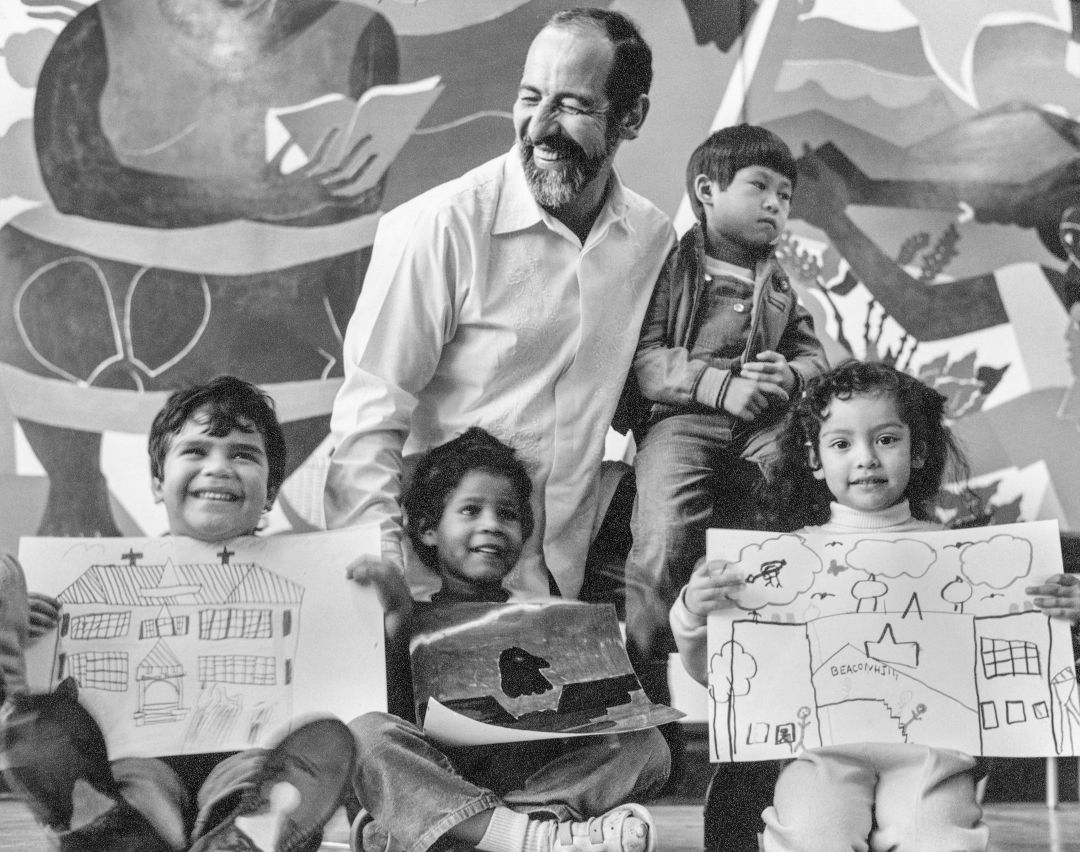
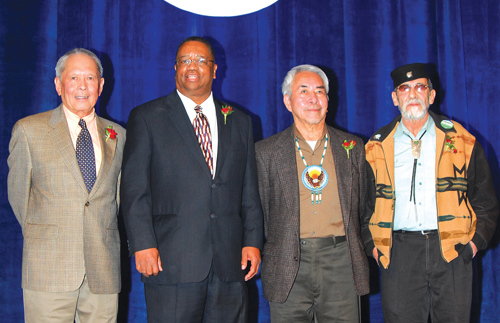
The Four Amigos or Gang of Four from left to right Bob Santos, Larry Gossett, Bernie Whitebear, and Roberto Maestas.
